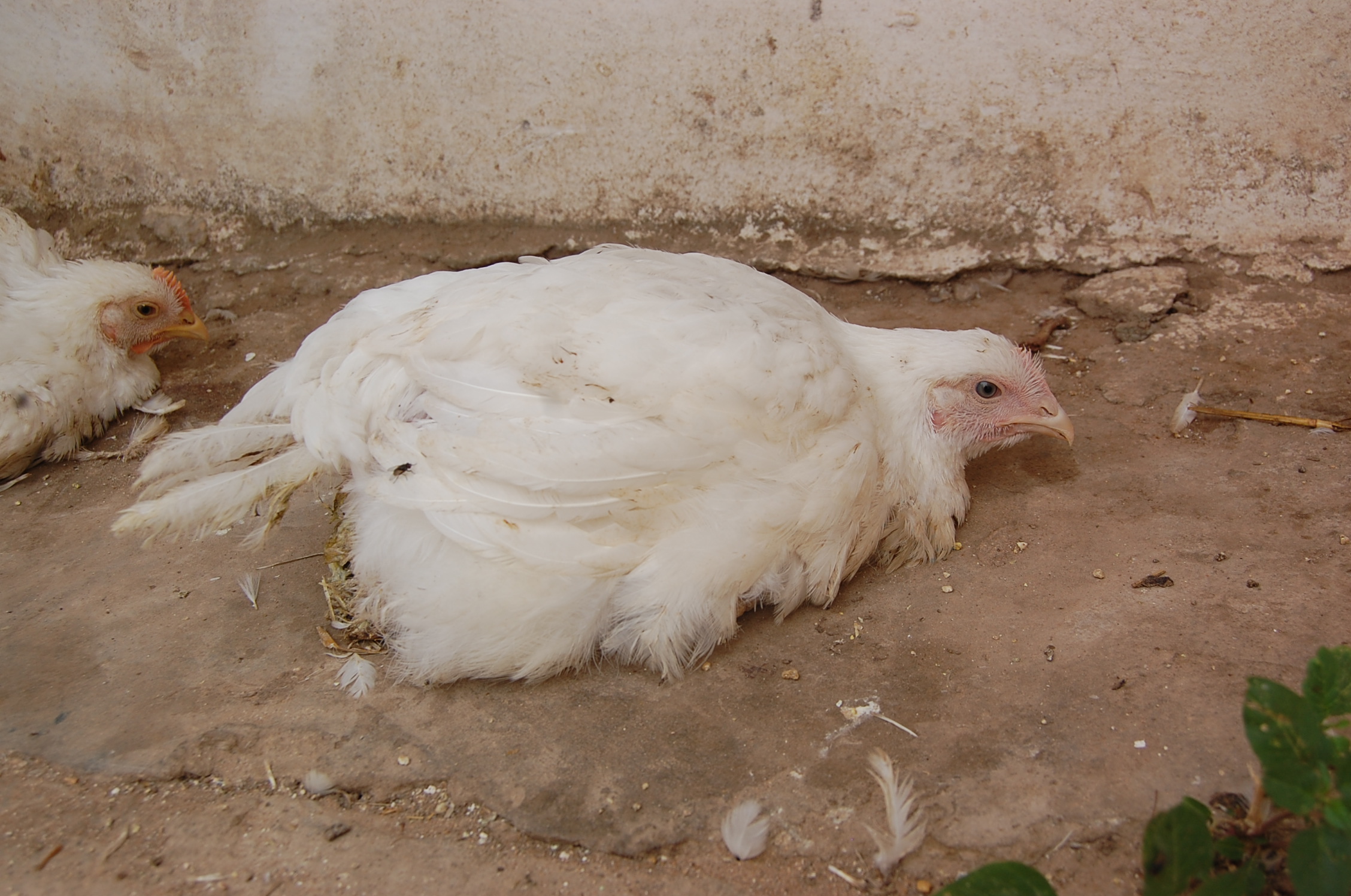
By George Munene
A study has shown that vaccination against Newcastle disease in chickens increases flock size and egg hatch rate leading to a 24 per cent increase in consumption of high protein foods and improved child growth.
The research conducted over 18-months in rural Kenya showed that children from Newcastle vaccinated households had a 1.16 per cent increase in height--the critical metric for assessing childhood stunting. They also had a 0.54 per cent increase in weight compared to those from non-vaccinated homes.
Published in Proceedings of the National Academy of Sciences, the study was conducted in over 500 households that owned chickens assessing the diet and growth parameters of over 700 children. It compared diets, heights, and weights of children from households that used the vaccine and parasite control drugs in their flocks to households that only used parasite control.
Related News: Kenyan researcher to introduce a new vaccine to end Newcastle disease in chicken
Related News: How to deal with deadly Newcastle disease in poultry
"We had noticed families who fed their children high-protein foods had better outcomes in terms of preventing stunted growth in children, and we wanted to look for ways to improve growth given the resources they already had," said researcher Dr. Elkanah Otiang, who led the studies as a Washington State University and University of Nairobi graduate student in his home nation under the Kenyan Medical Research Institute--Centre for Global Health Research in western Kenya.
The study showed that a low-cost readily available intervention--Newcastle vaccines cost Sh1000-500 and are administered in drinking water to the whole flock--can translate to a marked improvement in childhood growth.
Related News: Christmas melon extract cures deadly poultry Newcastle disease, cut farmers’ production costs
This gives Kenyans an opportunity to improve the health of children and animals using existing resources without major lifestyle changes or financial burdens.
Source:
Otiang, E., et al. (2022) Vaccination of household chickens results in a shift in young children's diet and improves child growth in rural Kenya. PNAS.